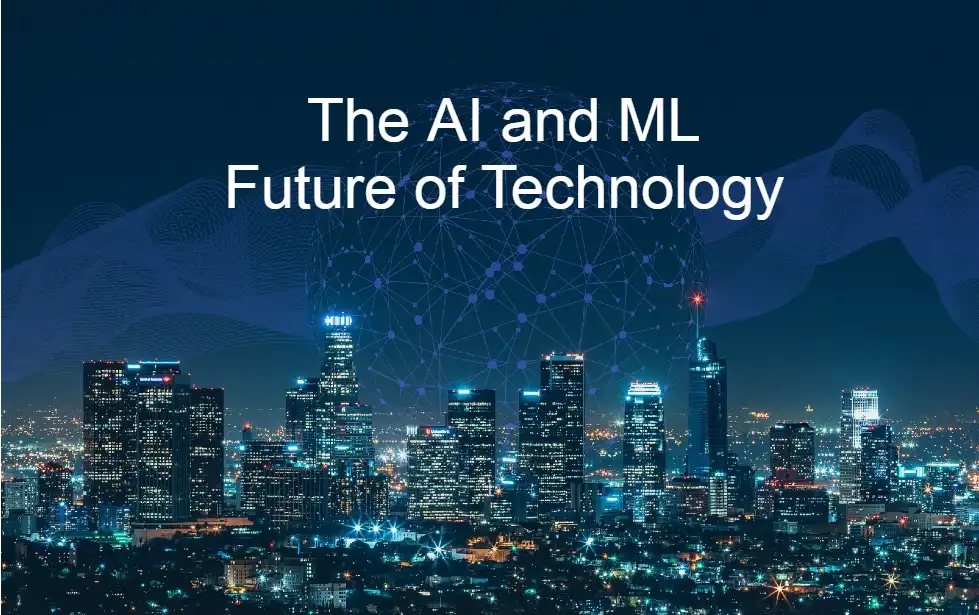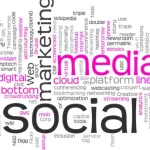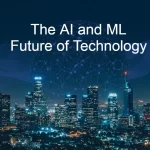The AI and ML Future of Technology: Artificial Intelligence (AI) and Machine Learning (ML) are two of the most exciting technologies of our time. They have the potential to transform numerous industries, making them more efficient, cost-effective, and innovative.
The AI and ML Future of Technology
What's Next
These technologies enable machines to learn and improve their performance without being explicitly programmed. AI and ML are expected to play a significant role in the future of technology, and in this article, we will explore their potential applications in different industries.
What is Artificial Intelligence, and how does it work?
is a branch of computer science that focuses on creating intelligent machines that can perform tasks that typically require human intelligence. It involves the development of algorithms and systems that can learn and improve from experience.
AI can be classified into two categories: narrow or weak AI, and general or strong AI. Narrow AI is designed to perform a specific task, while general AI is capable of performing any intellectual task that a human can.
What is Machine Learning, and how does it work?
ML is a subset of AI that focuses on the development of algorithms and systems that can learn and improve from data without being explicitly programmed. It involves the use of statistical techniques to enable machines to learn from data and improve their performance over time.
There are three types of ML: supervised learning, unsupervised learning, and reinforcement learning. Supervised learning involves the use of labeled data to train models, unsupervised learning involves the use of unlabeled data to find patterns and relationships, and reinforcement learning involves the use of trial and error to learn from feedback.

How is AI and ML transforming Healthcare?
AI and ML have numerous applications in healthcare, from predicting patient outcomes to diagnosing diseases and developing new drugs. They can help healthcare providers make more informed decisions, improve patient outcomes, and reduce costs. For example, AI can be used to analyze medical images and identify abnormalities that may be missed by human radiologists.
ML can also be used to analyze patient data and predict which treatments are most likely to be effective for a particular patient.
How is AI and ML transforming Transportation?
AI and ML can be used to improve transportation systems by making them more efficient and safe. They can help reduce traffic congestion, improve the accuracy of traffic predictions, and optimize routes for delivery vehicles. For example, ML can be used to analyze traffic patterns and predict which routes are most likely to have congestion.
AI can also be used to develop autonomous vehicles that can drive themselves, reducing the risk of accidents caused by human error.
How is AI and ML transforming Finance?
AI and ML are transforming the financial industry by making it more efficient, secure, and customer-friendly. They can be used to automate processes such as fraud detection, risk assessment, and investment management. For example, AI can be used to analyze customer data and personalize financial advice. ML can also be used to analyze financial data and predict market trends.
How is AI and ML transforming Manufacturing?
AI and ML can be used to improve the efficiency and quality of manufacturing processes. They can help identify areas for improvement, optimize production lines, and predict equipment failures before they occur. For example, AI can be used to analyze sensor data from production lines and identify patterns that indicate potential problems. ML can also be used to analyze historical data to predict when equipment is likely to fail.
Conclusion:
AI and ML are revolutionizing numerous industries, and their potential applications are vast. They have the potential to make our lives easier, safer, and more










This was beautiful Admin. Thank you for your reflections.